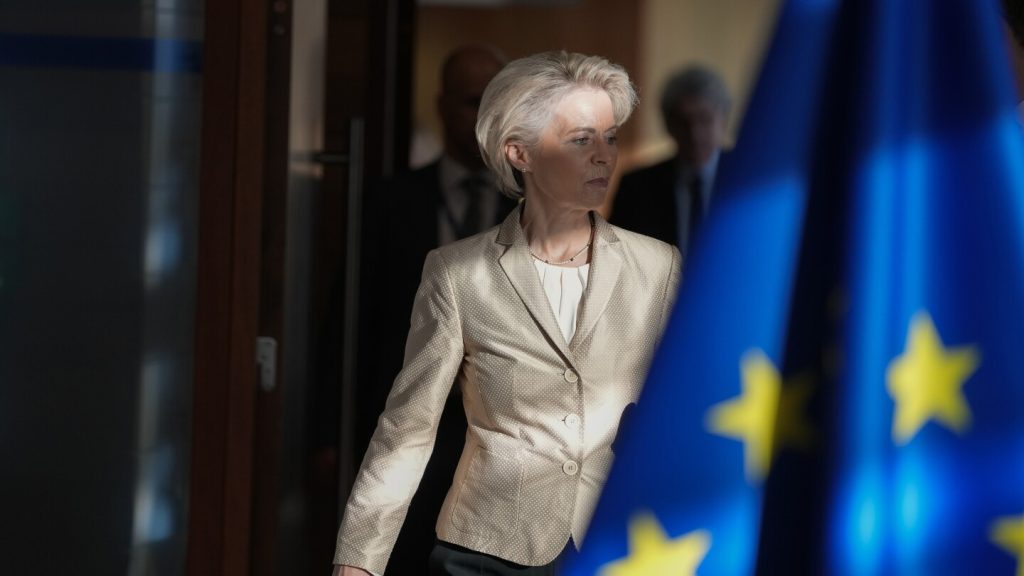Von der Leyen, the first female president of the European Commission, is facing criticism for the lack of gender balance among top positions at the EU headquarters. Despite the EU’s commitment to achieving gender balance in decision-making, von der Leyen’s ability to independently select commissioners is limited by the complex rules that allow each member nation to put forward a candidate. This has resulted in a list that initially consisted of 21 men, prompting concerns about male dominance in the European Commission.
While von der Leyen has called on member states to field both male and female candidates to facilitate her selection process, many countries have ignored her request. Factors such as national politics, government rights, and the quality of available candidates play a role in determining the final composition of the European Commission. Although efforts are being made to decrease the number of men on the list, the situation highlights the challenges faced in achieving gender balance in EU institutions.
Despite the difficulties, von der Leyen remains committed to ensuring a gender-balanced college for her next mandate. She has been engaged in discussions with leaders of member states to address the issue and recently received support from Belgium, which nominated a female candidate to bring the potential balance to 17-10. Once the selection process is complete, the list of commissioners will be presented to the European Parliament for approval, with debates expected to continue throughout September.
The EU’s reputation for gender equality is being tested as von der Leyen navigates the process of appointing commissioners for her second five-year term. While the organization has made strides in promoting gender equality, the current imbalance in top positions at the EU headquarters highlights the ongoing challenges faced by women in leadership roles. Von der Leyen’s efforts to address this issue and secure a gender-balanced college reflect the importance of diversity and representation in EU decision-making.
The debate surrounding gender balance in the European Commission underscores the broader issue of gender equality in political institutions worldwide. While the EU is often viewed as a progressive leader in this area, the challenges faced by von der Leyen in achieving parity among commissioners highlight the structural barriers that exist. As discussions continue within the European Parliament, the outcome of the selection process will have implications for the future leadership and representation within the EU.


